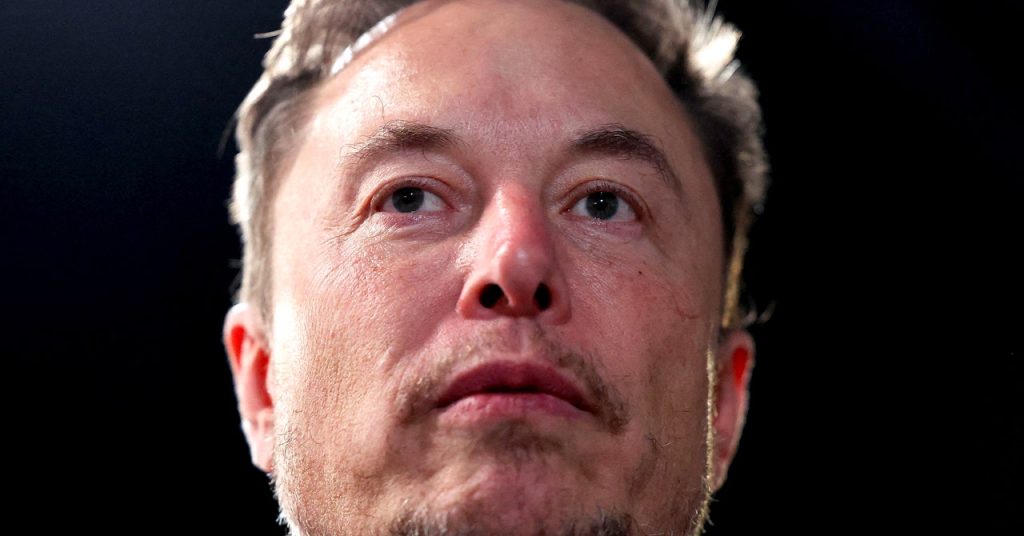Tesla’s China Conundrum: Navigating Regulatory Hurdles and Fierce Competition
Elon Musk’s impromptu visit to China on Sunday made headlines, overshadowing his scheduled meeting with Indian Prime Minister Narendra Modi. The Tesla CEO’s decision to prioritize China over India highlights the importance of the Chinese market for the electric vehicle giant, despite facing challenges in the country.
China: Tesla’s Second-Largest Market with Declining Sales
China is Tesla’s second-biggest market after the United States. However, the company’s sales in the country have taken a hit, with a 35% year-on-year decline in the first quarter of 2021. This downturn has prompted Tesla to offer discounts and price cuts in an effort to boost sales.
Baidu Partnership: A Step Forward, but Not a Game-Changer
During Musk’s meeting with Chinese Premier Li Qiang, Tesla announced a partnership with web search company Baidu, granting the automaker access to a mapping license for data collection on China’s public roads. While Wedbush Securities senior analyst Dan Ives called this a “watershed moment,” it is important to note that Tesla has been using Baidu for in-car mapping and navigation in China since 2020. The revised deal, which includes Baidu’s lane-level navigation system, clears another regulatory hurdle for Tesla’s Full Self-Driving (FSD) feature in China. However, it does not enable the introduction of driverless cars in the country or elsewhere, contrary to some media reports.
Data Transfer Permissions: An Unlikely Scenario
Some press reports have suggested that Musk secured permission to transfer data collected by Tesla cars in China out of the country. However, JL Warren Capital CEO and head of research Junheng Li finds this improbable, stating:
China has never allowed any foreign company to transfer data out of China, and it is not going to make an exception for Tesla.
Chinese EVs Outpacing Tesla in Innovation and Affordability
Tesla faces stiff competition from Chinese electric vehicle manufacturers, who are evolving at a faster pace and offering more advanced features. Shanghai-based automotive journalist and WIRED contributor Mark Andrews notes that US-listed companies like Xpeng, Nio, and Li Auto provide superior driving assistance features that rely on lidar sensors, a technology previously dismissed by Musk but now being tested by Tesla. Despite lacking the latest tech and having a dated design, Tesla cars remain more expensive than most of their Chinese rivals, leading to price cuts in some of its Chinese showrooms.
European Cybertruck Tour: A Publicity Stunt with Little Substance
Tesla has announced plans for a European Cybertruck tour, but the vehicle cannot be sold in the EU due to strict pedestrian safety regulations. Tesla’s vice president of vehicle engineering, Lars Moravy, explained to Top Gear that the Cybertruck’s design is incompatible with European regulations, which require a 3.2-mm external radius on external projections. The “Cybertruck Odyssey” tour may generate buzz among Tesla fans, but its practical value is questionable, much like the company’s stunt of shooting a Roadster into space.
As Tesla navigates the complex landscape of the Chinese market and faces increasing competition from local manufacturers, the company must adapt its strategies to maintain its position in the world’s largest electric vehicle market.

1 Comment
Looks like Elon Musk’s charm didn’t work its magic in China this time!